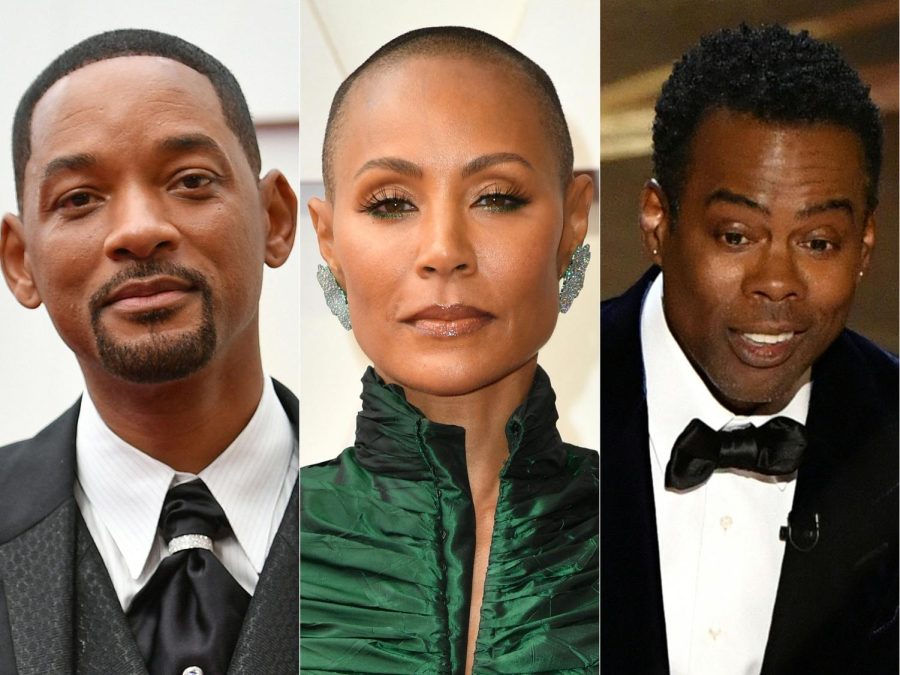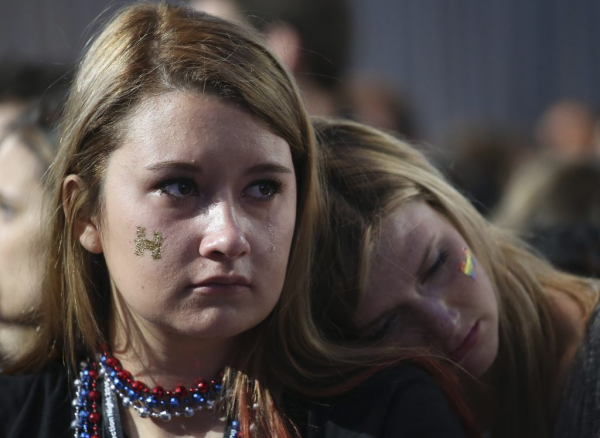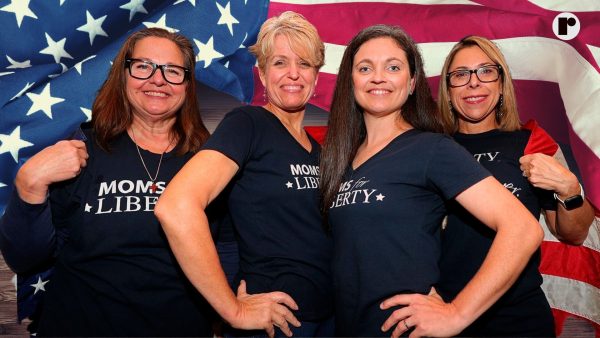Chris Rock’s attempt at a joke was an insult to all Black women
The Oscars: an award show where when Hattie McDaniel, the first Black actor to win an Oscar was forced to sit at a segregated table at the back of the award show and was refused entry to the “whites only” after-party of the 11th Oscars in 1939, and at the 94th Oscars on March 27th, 2022, a Black man made a joke at the expense of the embarrassment of a Black woman to get laughs from a predominantly white audience, like Black men and boys have been doing decades.
At the 94th Oscars, on stage, in front of millions of people, Chris Rock turned to Jada Pinkett Smith and said “‘G.I. Jane 2, can’t wait to see it.’” In response Jada Pinkett Smith – who struggles with alopecia and shaved her hair because of it – rolled her eyes.
Will Smith then gets on stage and slaps Chris Rock, but that shouldn’t overshadow the fact that Chris Rock made an extremely offensive and repulsive comment.
The irony of the whole situation is Chris Rock, a Black man, who made a documentary in 2009 named Good Hair that highlighted the cultural significance of hair within the Black community, would make such a demeaning “joke” like that about a Black woman’s hair, at an award show that has a history of discrimination against Black people; on top of that, the joke is about a Black woman suffering from Alopecia, a disease that is known to disproportionately affect Black people.
In the 2009 documentary, after a conversation with his daughter, Chris Rock explores and tries to learn more about the importance and significance of hair in the Black community, specifically to Black women.
Sheila Bridges, a Black woman with alopecia who appeared in Good Hair, posted on Instagram expressing her disappointment in Chris Rock, that stated, “While I do not condone violence (or what Will Smith did), I am not completely surprised that Chris Rock got rocked by Will Smith after making the medical condition of @jadapinkettsmith part of his comedic schtick- disrespecting her publicly,” Bridges said. “Shame on you @chrisrock. Didn’t we sit down and talk at length about how painfully humiliating and difficult it is to navigate life as a bald woman in a society that is hair-obsessed? As if life isn’t challenging enough out here as an unprotected black woman? #alopecia #alopeciaareata #disrespect #baldwomen #blackwomen #respectwomen.”
However you may feel about Will Smith slapping Chris Rock in response to his “joke” is your opinion, and you’re entitled to it, but everyone should be on the same page when it comes to the fact that what Chris Rock said was not just a “joke,” it was disrespectful to all Black women and girls.
Moya Bailey, an associate professor at Northwestern University, the Black woman who actually coined the term Misogynoir; defining it as “the ways anti-Black and misogynistic representation shape broader ideas about Black women, particularly in visual culture and digital spaces.” in her book, Misogynoir Transformed Black Women’s Digital Resistance.
Following the Oscars, Bailey would tweet, “Black women are expected to endure misogynoir, in public, without comment. Take your pick of examples from last week and what a way to start this one. We deserve better than faint praise for our composure in spite of it all.”
The night of the Oscars a lot of Black Twitter users took to the app to share their disdain for what Rock said; one Twitter user, Rae Sanni would tweet, “I dunno. My sticking point is the mocking black women for white laughter. You are a presenter and your ONE bit is to joke on the bald head of the black potential winner’s wife at the same event you mocked her for being anti racist at. That’s loser **** to me.”
Black people’s – specifically Black women’s – hair has been politicized, racialized, and micro-managed for centuries, to the point where the CROWN (“Creating a Respectful and Open World for Natural Hair”) Act had to be put in place to ban discrimination based on a person’s hair texture and style in employment and education; and this was only passed in The House of Representatives ten days before the Oscars.
I want to leave you with something that author, public speaker, and coach, Gifty Enright said regarding this situation that was very insightful to me. “She is drawing attention to something a lot of women suffer from, particularly Black women. Rather than being applauded for that, it’s being completely swept under the carpet, and it’s again about the two men standing there, pumping their chests.”
“For black women and girls coming up, it can be debilitating knowing you have to break against all these biases to be as good as the men. You are as good as the men, but you have to go and fight through all these barriers. So what you then get are capable women hiding their light, because they just cannot be bothered to fight for that recognition,” she continued. “It’s a shame, because women bring a lot to the table, and Jada brings a lot to the table. But here we’re seeing her achievements being completely minimized and completely overshadowed by what the men are doing.”

I'm a senior and I plan to pursue a career in journalism and I want to study communications in college. I decided to continue to take Journalism because...








